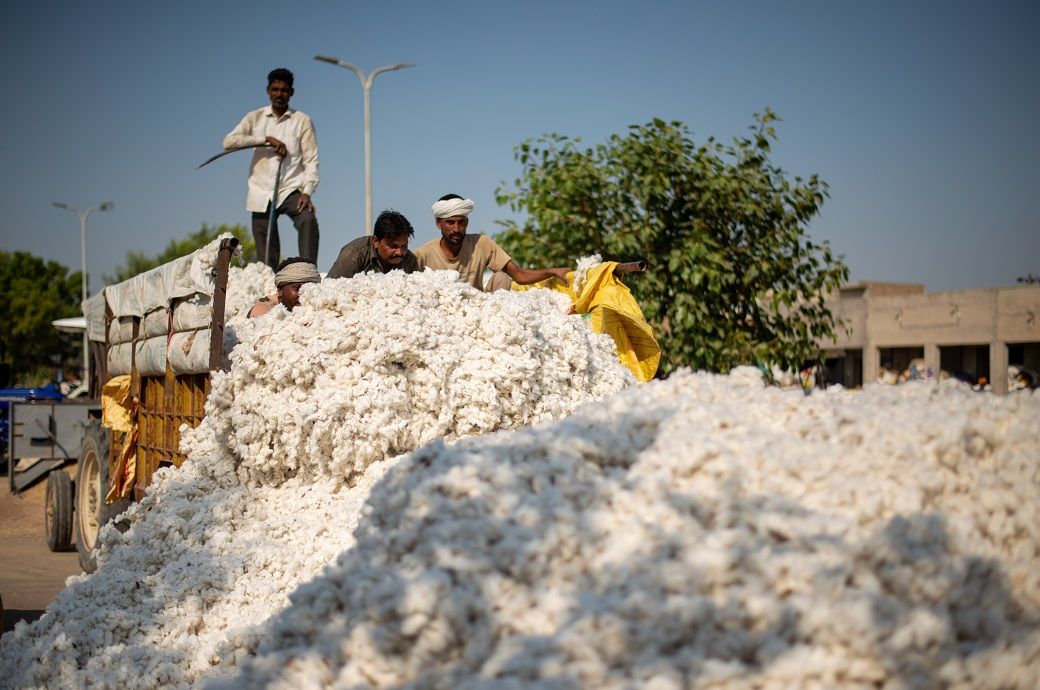
It is important to note that market regulator SEBI has suspended trading in all cotton futures contracts of January 2023 and further months on the country’s largest commodity exchange MCX for one month.
MCX said in a statement, “Since the prevailing regulations do not permit changes in running contracts with open interest, January 2023 contract and subsequent contracts will temporarily not be available for trading till the revised contract specifications are finalised, which will be done in 30 days.”
The specifications will be revised after consulting stakeholders including the members of the Textile Advisory Group, the statement added.
Exchange surveillance mechanism will be strengthened further and closely monitored to prevent any kind of market abuse in the cotton contracts, said the exchange. The exchange planned to expand the Cotton Product Advisory Committee to include more representation from value chain participants including the textile industry.
However, industry experts feel that industry value chain will not get any relief from high volatility and speculations because cotton contracts of earlier months i.e., September, October, November and December 2022 will remain open for trade. New crop will arrive in the market in these months so there will be a high volume of trade. Non consumer cotton traders will be free to play in the market openly.
A member of the Cotton Advisory Group told Fibre2Fashion, “Indian textile industry will have to face high volatility and speculations because future contracts of months when new crop will arrive in the market, will be opened with present specifications. Suspension of future trading in contracts from January onwards will provide no relief to the industry.” The member said that it is early to comment on industry’s suggestions for changes in specifications of cotton future because deliberations for the same is yet to begin. Meetings will be held within the industry with market regulators to consult on the specifications.
Another industry source commented that there will not be much difference from the changes in cotton futures specifications. The government needs to check multinational agriculture companies that hoard a large quantity of cotton. It is high time to maintain cotton trading data on a real time basis in a transparent manner.
A few months ago, there were speculations about stocks available with the MNCs when cotton prices were touching new highs. Industry experts had estimated MNCs to have a stock of 40-50 lakh bales of 170 kg. However, trade bodies’ estimations were in contrast, which said that it was the spinning mills that accumulated large stocks of cotton.
ALCHEMPro News Desk (KUL)
Receive daily prices and market insights straight to your inbox. Subscribe to AlchemPro Weekly!